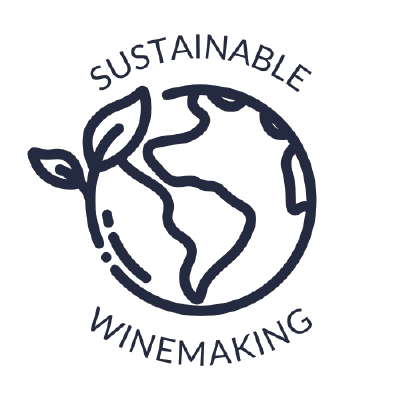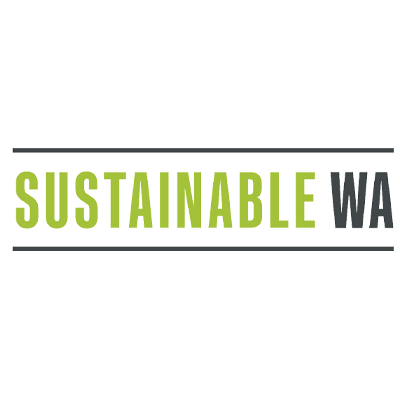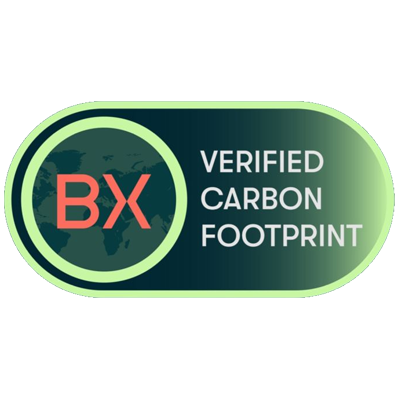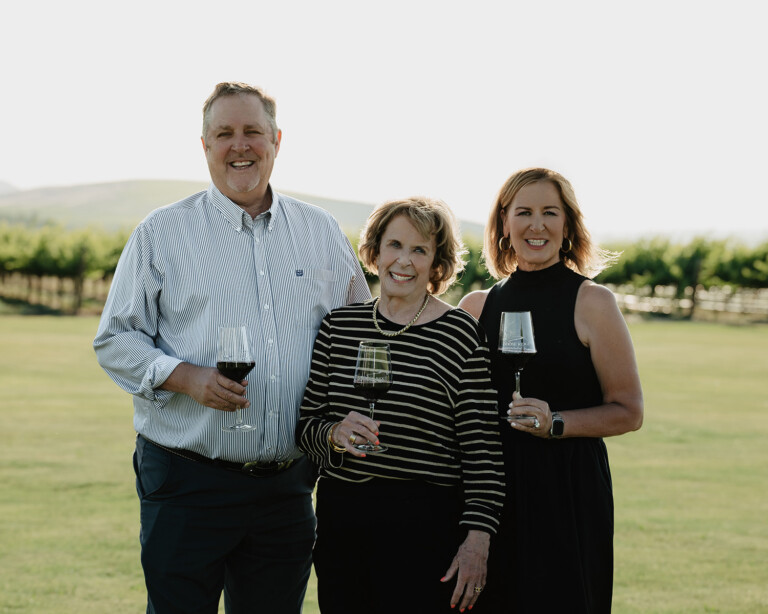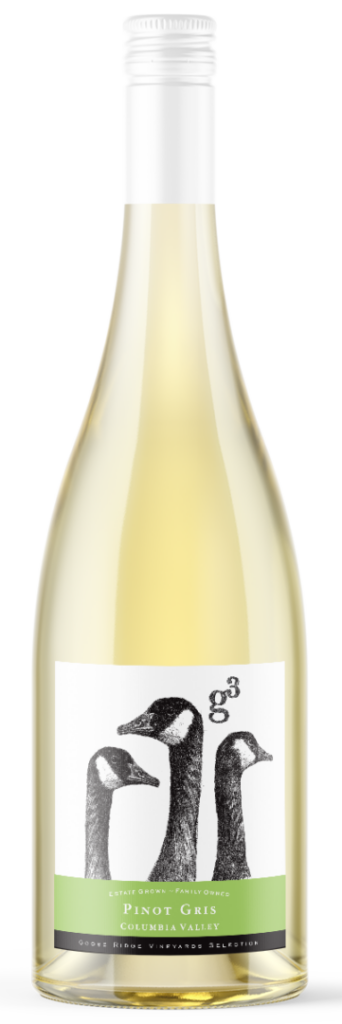Sustainability
Viticulture
- Soil & Irrigation Management: Regular soil testing, erosion control, and efficient irrigation systems to ensure optimal water use
- Nutrient & Pest Management: Fertigation, composting, and monitoring for pests, mites, and invasive weeds
- Land Conservation: Maintaining grasslands for natural habitats and biodiversity
- Water Efficiency: Use of the Tom Beard barre machine, reducing water consumption for barrel washing by 80%
- Electric Forklifts: Replacing propane lifts with electric models to eliminate exhaust emissions
Vinification
- Energy Efficient Lighting: Installed throughout the winery with motion sensors to minimize energy use
- Packaging & Waste Management: Transitioning to lightweight glass bottles, agglomerated corks, and recycling grape waste into compost, erosion control, or cattle feed
- Natural Wine Stabilization: Wines are stored outdoors during winter to naturally stabilize, reducing the need for glycol compressors
Accredited by Sustainable WA & BX Verified Carbon Footprint Gluten-Free & Vegan Wines
